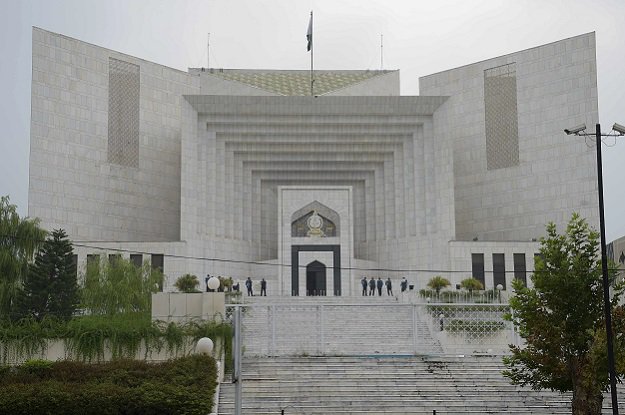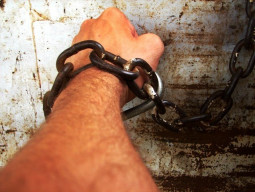
Judicial circles are calling it a landmark judgement taken by a bench, comprising Justice Mushir Alam, Justice Faisal Arab and Justice Sajjad Ali Shah, around a month ago.
The first point clearly states that underage children will stay with their mother till they attain the age of puberty.
Second point is that education, uniform, books and pick and drop for school will be the responsibility of the father. The father, apart from educational expenditures, every month will also provide another Rs5,000 for the miscellaneous needs of the children.
SC overturned 78% death penalty verdicts in 8 years
Third, the children will be able to visit the father every holiday at his home. The father will take the children from the mother’s house at 8pm on Friday and drop the children back at 1pm on Sunday.
Fourth, on the onset of summer holidays, the father will be able to take the children on the first Sunday and keep the children for four Sundays and on the fourth Sunday; the children will be dropped back at the mother’s house.
Fifth, during winter holidays from December 21 to 31, the children will stay with the father during the first week and then return their mother.
Sixth, the children will stay with the father from Chand Raat of Eidul Fitr till 8pm of the second day of Eid.
Seventh, the father will take the children on the second day of Eidul Adha at 11am and drop the children back at 10pm on the third day of Eid.
Eight, on unscheduled holidays, the children will stay with the father from 10am till 8pm.
Ninth, if there is any function such as marriage and the father desires the children to participate, then it will be binding on the mother to let the children participate.
Tenth, the mother and father will not incite the children against each other.
This historical decision has been sent to the family courts all over the country for guidance in hearings of family cases.
The decision has also been published in the SCMR gazette.
On Sunday, family court senior lawyers Masood Shah, Samina Bukhari, Tayaba Abbasi, Yasir Shah Tarnazai and Rawalpindi District Bar Secretary Shahzad Mir have termed the decision historical.
They said, “It is a landmark judgement in which all the three senior judges of the SC have protected the rights of the mother, father and children and the decision is according to the Islamic traditions.”
COMMENTS (7)
Comments are moderated and generally will be posted if they are on-topic and not abusive.
For more information, please see our Comments FAQ

















underage children will stay with their mother till they attain the age of puberty. Why This will allow toxic man-hating mothers to inflict permanent psychological damage to the children. The welfare of the child should be primary concern and court must evaluate both parents every two years for custody to determine which parent can best serve interest of child for leading a successful life.